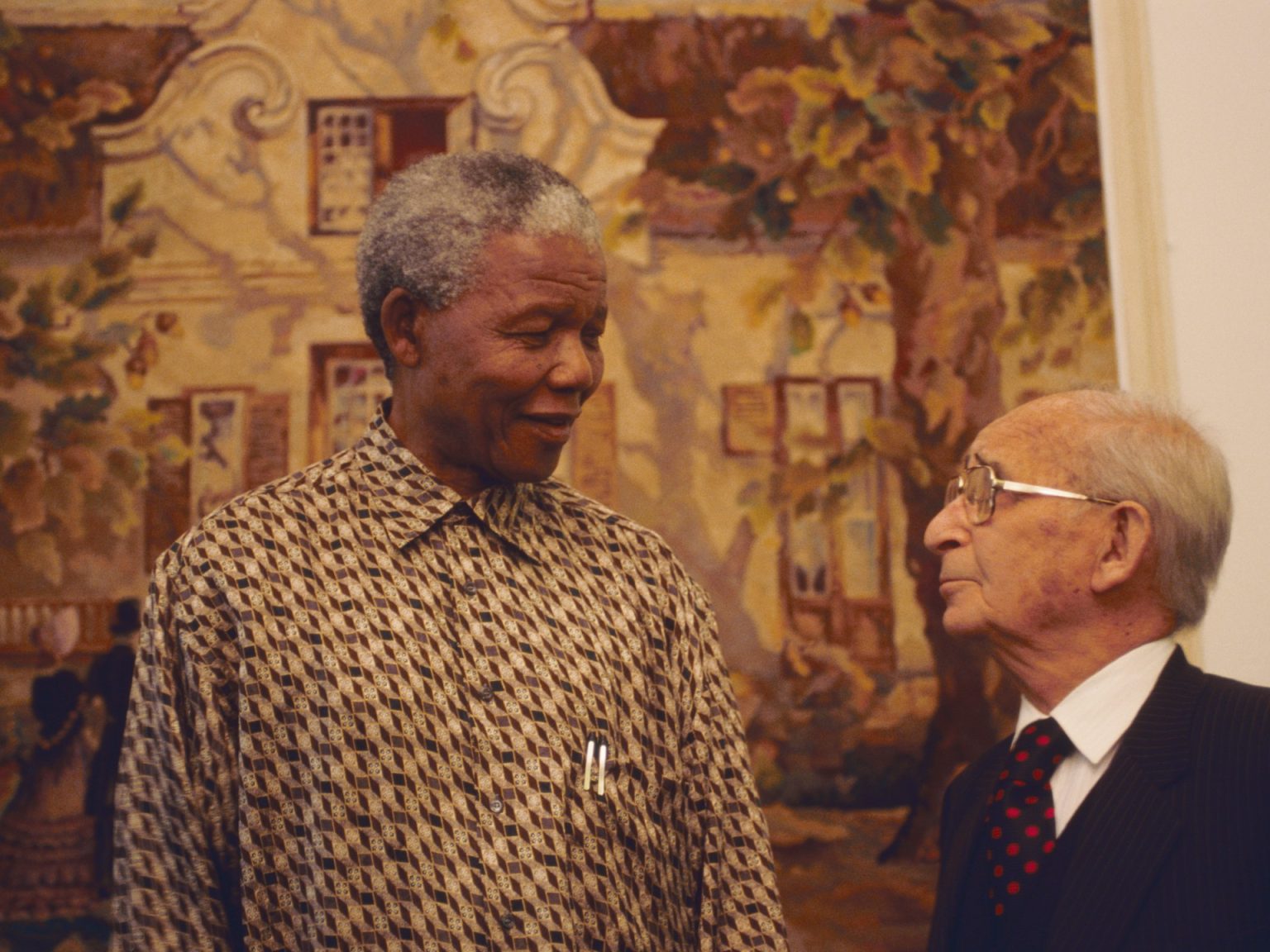Accused number one, Nelson Mandela, delivered a powerful speech from the dock during the Rivonia Trial in April 1964, declaring his dedication to the struggle against white minority rule in South Africa. Despite the risk of facing a death sentence, Mandela asserted his commitment to a democratic and free society, declaring that he was prepared to die for his ideals. This defining moment in the trial showcased Mandela’s unwavering belief in equality and his willingness to sacrifice for his cause.
The Rivonia Trial, named after the Johannesburg suburb where key anti-apartheid activists operated, was a pivotal moment in Mandela’s long history of opposition to apartheid. Choosing not to contest the charges of sabotage, Mandela used the trial as a platform to advocate for his beliefs. His powerful statement from the dock laid bare the injustices faced by Black South Africans and called for equal political rights, challenging the status quo and highlighting the humanity of his people.
Following Mandela’s address, the trial proceeded with cross-examination of the accused, including Mandela himself. Despite the formidable prosecution led by State Prosecutor Percy Yutar, the defence team, comprised of some of the country’s top legal minds, fought tenaciously for their clients. In a surprising turn of events, Judge Quintus de Wet chose to hand down life imprisonment sentences rather than the expected death penalty, marking a significant victory for the accused.
The aftermath of the Rivonia Trial saw Mandela and other anti-apartheid leaders imprisoned on Robben Island, while the country grappled with escalating resistance and violence. The resurgence of Black opposition to apartheid in the 1980s, culminating in the formation of the United Democratic Front, heralded a new phase of the struggle. Mandela’s global iconic status and the rallying cry for his release led to increased pressure on the apartheid government, paving the way for his eventual freedom in 1990.
Mandela’s release from prison and subsequent ascendancy to the presidency in 1994 marked the realization of his dream for a democratic and free society in South Africa. Through acts of reconciliation and leadership, Mandela sought to unite a deeply divided nation and chart a course towards equality and harmony. Despite criticisms of his policies and compromises in the post-apartheid era, Mandela’s legacy as a unifier and peacemaker endures, resonating with South Africans and the world.
As South Africa grapples with persistent inequality and challenges to its democracy, Mandela’s legacy remains a subject of debate. While some criticize him for not addressing systemic issues, others acknowledge his pivotal role in steering the country away from civil war and towards a peaceful transition. Mandela’s enduring impact on South Africa’s path to democracy serves as a reminder of his complex legacy and the ongoing struggle for justice and equality in the post-apartheid era.













